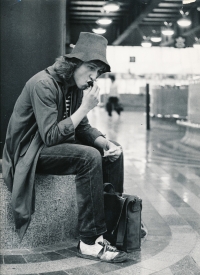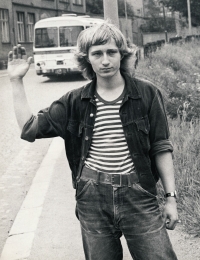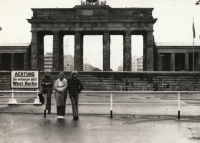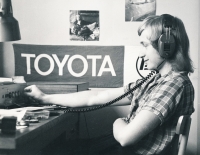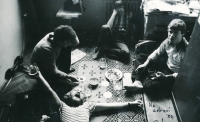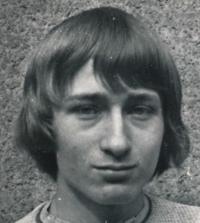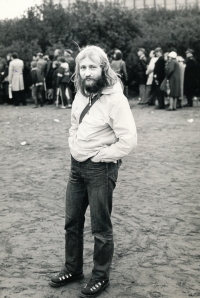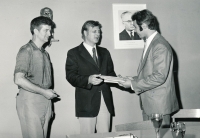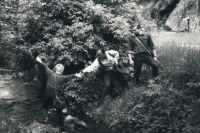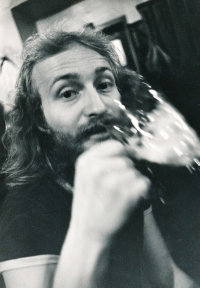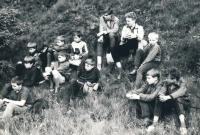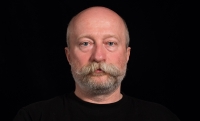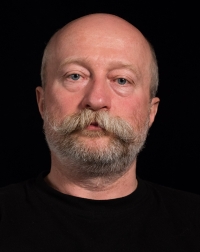Better to be in the prison in Bory than in the military service

Download image
Petr Šraier was born on March 30, 1958 in Prague. His father was engaged in the research in the field of nuclear energy, his mother took care of two sons and their household. Petr entered the primary school in Františka Křížka Street, which was soon chosen as an experimental school and two selective classes with extended language teaching were set up there. The witness thus learned Russian and English from an early age. He had classmates with a background in leading intellectual and artistic families in Prague and its surroundings. In 1969, his short period as a scout ended. In the eighth grade, the witness was expelled from school after he had a conflict with a school caretaker´s family. In 1973 he began studying at the Secondary Industrial School of Nuclear Engineering in Nusle. He founded the Organization for Free Progress in order to promote changes aimed at creating a socially-equal society with elements of direct democracy. Partly, the desire for adventure, partly, the serious effort to work to change the system and society led to the arrest by the State Security, the expulsion from school, and suspended sentence. In 1975, he joined the Aritma as an unskilled worker. At the age of twenty, they took Petr to the military service to the tank crew members in Holýšov. After five months, he was detained by military counterintelligence. Among other things, he was sentenced to 21 months for undermining the team’s morale. He spent most of his sentence in the prison in Pilsen in Bory. After his release, Petr managed to get a blue book and in 1980 he joined Aritma. He completed his education at work and graduated from high school in 1989.
